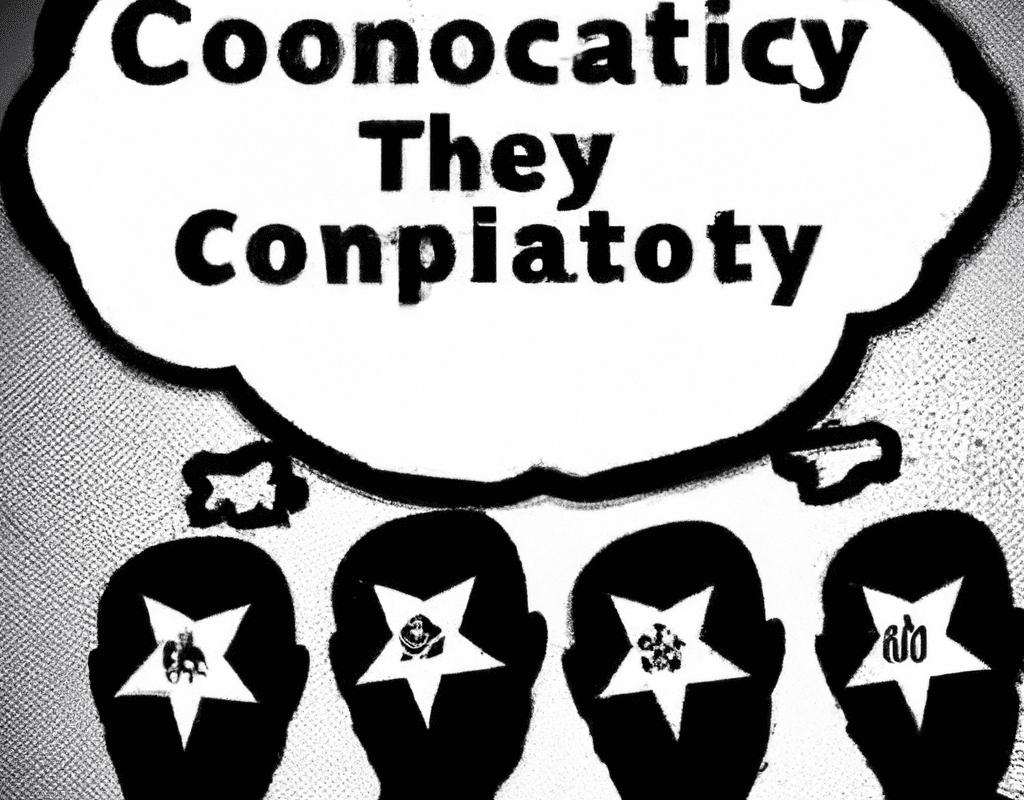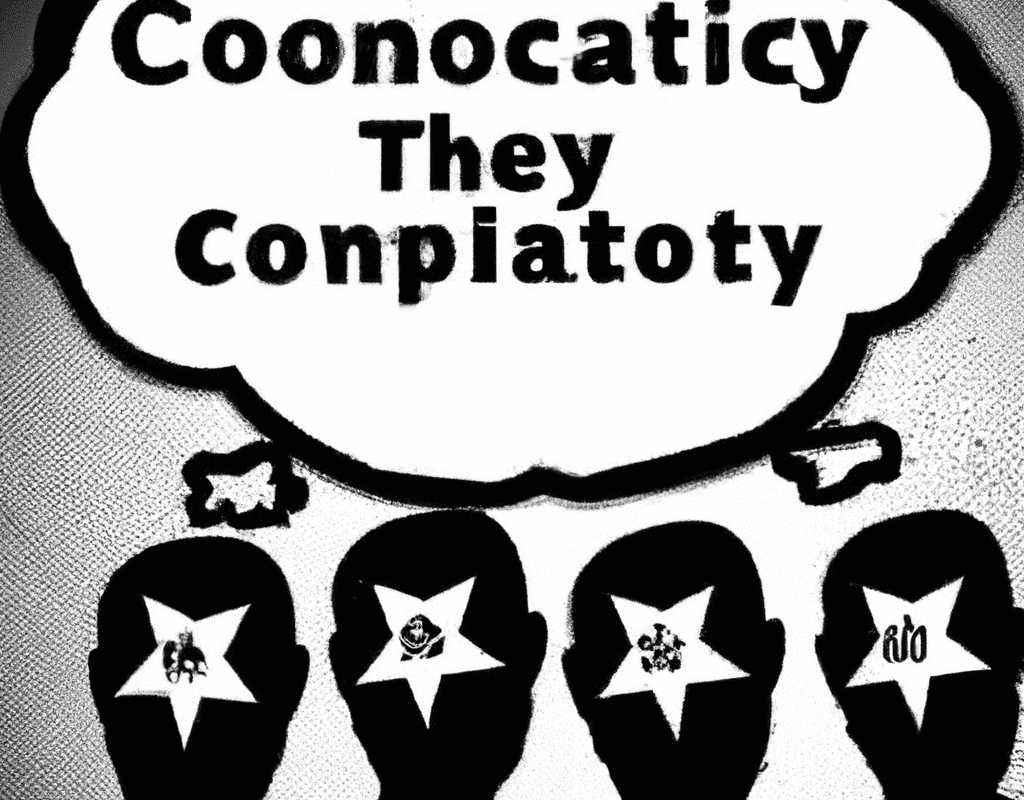The concept of “prebunking” emerges as a proactive strategy in the fight against disinformation, an ever-present challenge in the digital era where information spreads at unprecedented speed and scale. In essence, prebunking involves the preemptive education of the public about the techniques and potential contents of disinformation campaigns before they encounter them. This method seeks […]
Mean World Syndrome
Mean World Syndrome is a fascinating concept in media theory that suggests prolonged exposure to media content that depicts violence and crime can lead viewers to perceive the world as more dangerous than it actually is. This term was coined by George Gerbner, a pioneering communications researcher, in the 1970s as part of his broader […]
Con artist
A con artist, also known as a confidence trickster, is someone who deceives others by misrepresenting themselves or lying about their intentions to gain something valuable, often money or personal information. These individuals employ psychological manipulation and emotionally prey on the trust and confidence of their victims. There are various forms of con artistry, ranging […]
Conspiracy Theory Dictionary
Conspiracy Theory Dictionary: From QAnon to Gnostics In half a decade we’ve gone from Jeb Bush making a serious run for president to Marjorie Taylor Greene running unopposed and winning a House seat in Georgia. QAnon came seemingly out of nowhere, but taps into a much deeper and older series of conspiracy theories that have […]
Cultivation theory
Cultivation theory is a significant concept in media studies, particularly within the context of psychology and how media influences viewers. Developed by George Gerbner in the 1960s, cultivation theory addresses the long-term effects that television has on the perceptions of the audience about reality. This overview will discuss the origins of the theory, its key […]
Confirmation loop
The concept of a “confirmation loop” in psychology is a critical element to understand in the contexts of media literacy, disinformation, and political ideologies. It operates on the basic human tendency to seek out, interpret, favor, and recall information in a way that confirms one’s preexisting beliefs or hypotheses, known as confirmation bias. This bias […]
Fact-checking
Fact-checking is a critical process used in journalism to verify the factual accuracy of information before it’s published or broadcast. This practice is key to maintaining the credibility and ethical standards of journalism and media as reliable information sources. It involves checking statements, claims, and data in various media forms for accuracy and context. Ethical […]
Microtargeting
Microtargeting is a marketing and political strategy that leverages data analytics to deliver customized messages to specific groups within a larger population. This approach has become increasingly prevalent in the realms of digital media and advertising, and its influence on political campaigns has grown significantly. Understanding microtargeting Microtargeting begins with the collection and analysis of […]
Christian Nationalists List
The term Christian nationalists brings together a number of radical religious sects seeking to overthrow the democratic republic of the United States and installing a strict theocracy, from dominionists to orthodox Catholics to Evangelicals and many more. They tend to believe in Strict Father Morality, and desire to establish some sort of Christian fascist theocratic […]
Source amnesia
“Source amnesia” is a psychological phenomenon that occurs when an individual can remember information but cannot recall where the information came from. In the context of media and disinformation, source amnesia plays a crucial role in how misinformation spreads and becomes entrenched in people’s beliefs. This overview will delve into the nature of source amnesia, […]
Backfire effect
The backfire effect is a cognitive phenomenon that occurs when individuals are presented with information that contradicts their existing beliefs, leading them not only to reject the challenging information but also to further entrench themselves in their original beliefs. This effect is counterintuitive, as one might expect that presenting factual information would correct misconceptions. However, […]
Wallpaper effect
The “wallpaper effect” is a phenomenon in media, propaganda, and disinformation where individuals become influenced or even indoctrinated by being continuously exposed to a particular set of ideas, perspectives, or ideologies. This effect is akin to wallpaper in a room, which, though initially noticeable, becomes part of the unnoticed background over time. The wallpaper effect […]
Election denial
Election denialism, the refusal to accept credible election outcomes, has significantly impacted U.S. history, especially in recent years. This phenomenon is not entirely new; election denial has roots that stretch back through various periods of American history. However, its prevalence and intensity have surged in the contemporary digital and political landscape, influencing public trust, political […]
Filter bubble
A “filter bubble” is a concept in the realm of digital publishing, media, and web technology, particularly significant in understanding the dynamics of disinformation and political polarization. At its core, a filter bubble is a state of intellectual isolation that can occur when algorithms selectively guess what information a user would like to see based […]
Honeypot
The concept of a “honeypot” in the realms of cybersecurity and information warfare is a fascinating and complex one, straddling the line between deception and defense. At its core, a honeypot is a security mechanism designed to mimic systems, data, or resources to attract and detect unauthorized users or attackers, essentially acting as digital bait. […]



